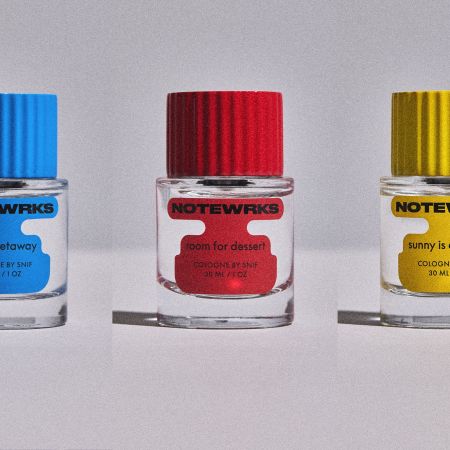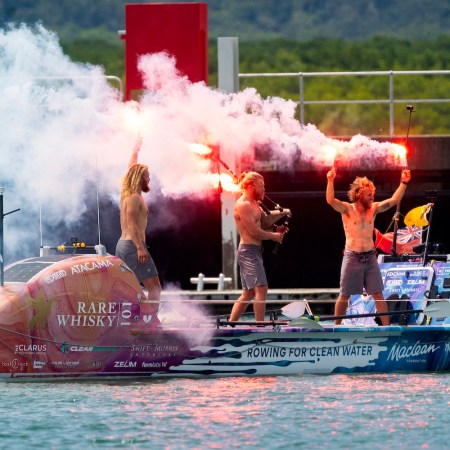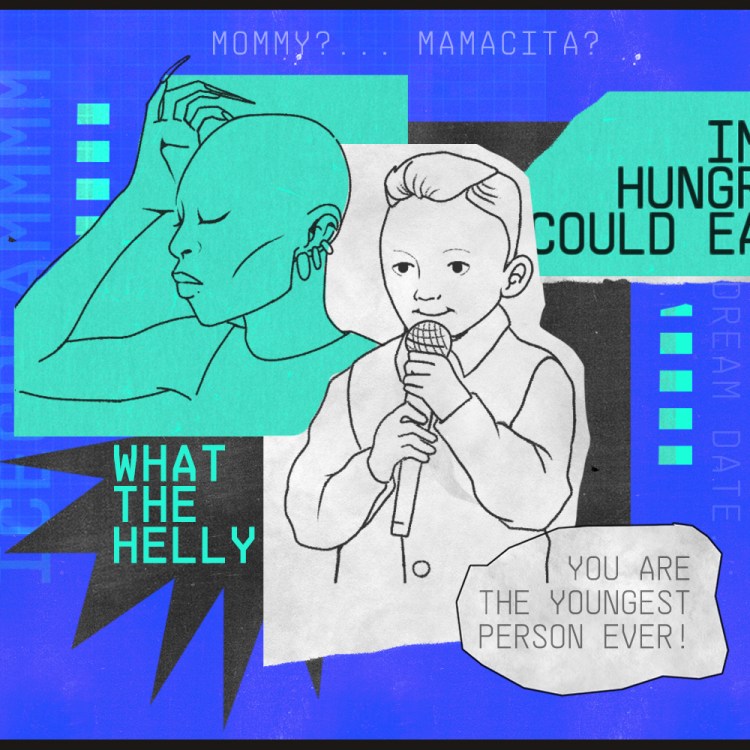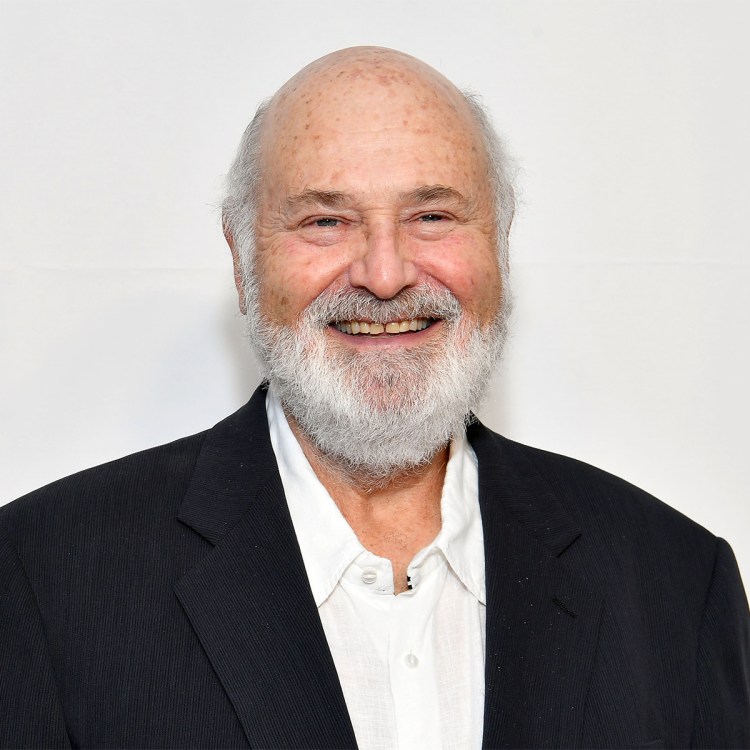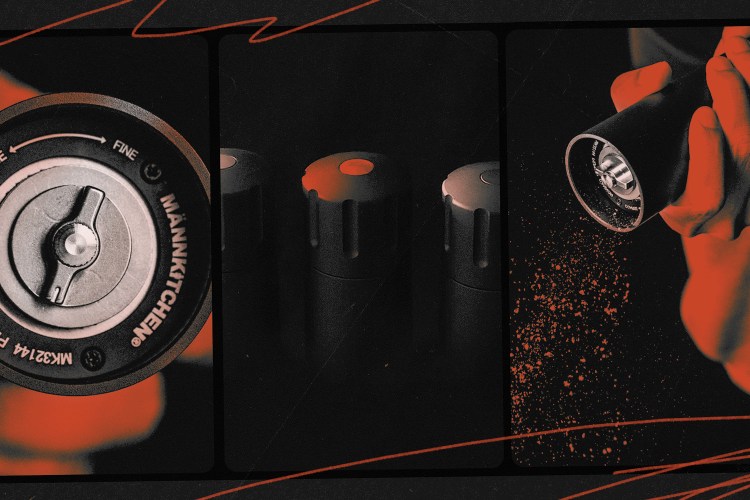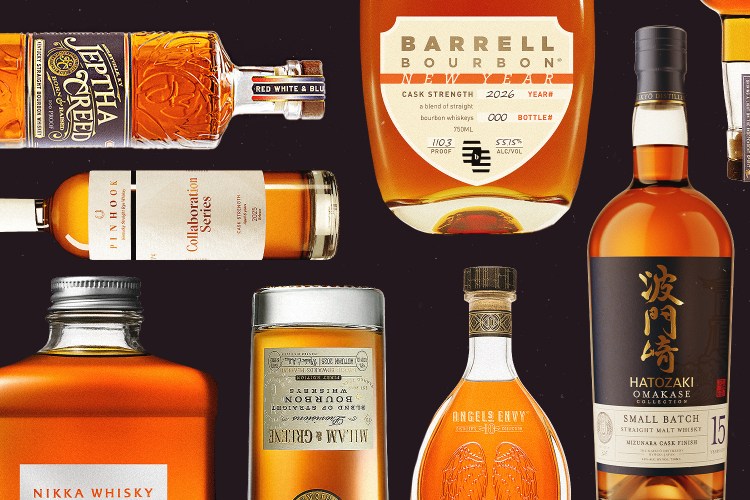In an interview with Vice, Felipe Calderon, the former president of Mexico from 2006–12, expressed no remorse over his “kingpin strategy” for fighting drug cartels, which ultimately sent his country’s murder rate skyrocketing. When he took office, his country was experiencing a drug-related killing every four hours; five years later, drug murders were occurring on average every 30 minutes.
Calderon defends his decision to deploy the Mexican military against the cartels—his country’s local and state police are notoriously corrupt and on the take from drug lords—and points to the fact that, during his tenure, 25 of Mexico’s 37 most wanted drug lords were either apprehended or killed.
“Honestly, I think nobody expected that the violence could reach those levels,” Calderon says now. “However, I insist, I’m absolutely clear that violence started because of the fight to control territory between the organized crime groups, between the cartels, not because of the action of the government. It’s quite difficult to talk about hypothetically, to make the case hypothetically, but I’m quite sure that with or without the federal intervention, that violence, it was going to skyrocket. Definitely.”
Others disagree. Some researchers have found that decapitating a drug cartel’s leadership ignites a spiral of death and reprisals as rival factions fight to take control. For example, a study by the libertarian Cato Institute found that the local murder rate jumped by 80 percent in the wake of a drug kingpin’s arrest or death.
Thanks for reading InsideHook. Sign up for our daily newsletter and be in the know.









